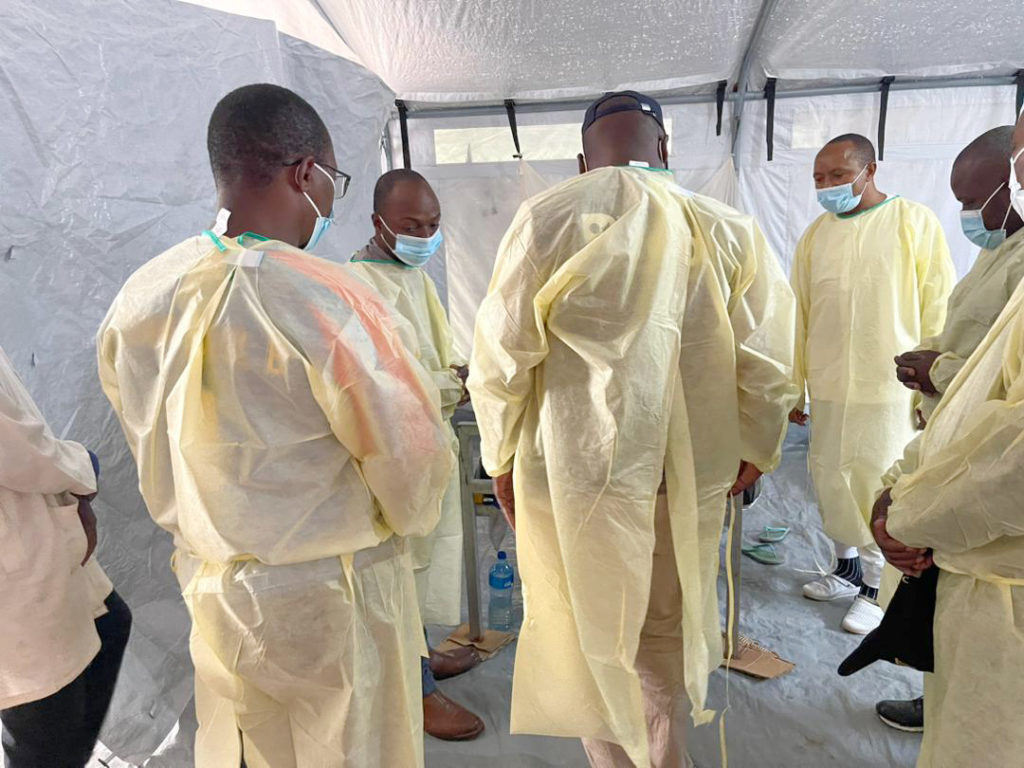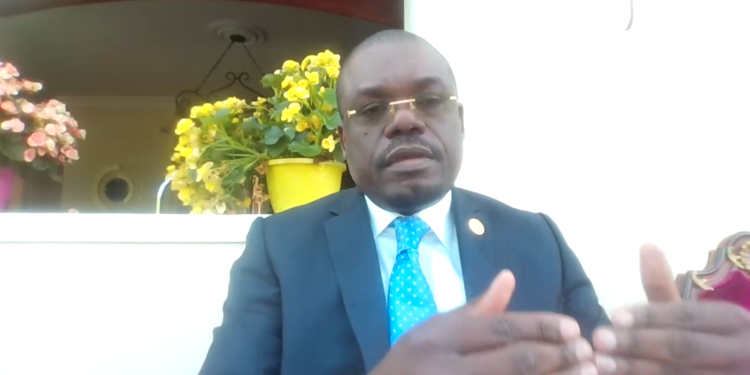By Kemo Cham
Africa risk losing decades of progress in the health sector in the face of multiple crises that require urgent action, the Africa Centers for Disease Control and Prevention (Africa CDC) has warned.
The agency says the number of health emergencies on the continent surged from 153 outbreaks between 2022-2023 to 242 outbreaks in 2024, with risk of another pandemic emerging from the region. To complicates matters further, Africa CDC officials are worried that a shifting global landscape has seen many wealthy nations turning inward, reducing development assistance to prioritize domestic needs, with the latest such move being the 90-day pause in foreign aid imposed by the new US administration.
“The repercussions are dire,” the continental public health agency says in a press statement shared with ManoReporters.
“Africa CDC projections warn that without urgent intervention, these financial constraints could reverse health gains, pushing morbidity and mortality rates back to early 2000s levels,” it states.
According to the agency, an estimated 2 to 4 million additional deaths per year from preventable and treatable diseases could occur on the continent, noting that such human toll translates into massive economic losses, costing the region billions annually and pushing an estimated 39 million more people into poverty.
The US funding pause announced by President Donald Trump shortly after assuming office is part of a widespread move his administration took in fulfilment of his election campaign promises, some of which have proven controversial. They include the US’ withdrawal from the World Health Organization (WHO), depriving the United Nations’ health agency USD500million in annual funding.

The Africa CDC leadership says it has been engaging the Trump administration over the decision and advocating through media appeal for a waiver for life-saving humanitarian assistance. It says that while this was secured, it only represented a small achievement.
Threats of insecurity, warns the agency, poses further problem.
“This moment must serve as a wake-up call for African leaders to implement innovative financing mechanisms and increase domestic investment in public health,” it says.
“While Africa is working to protect its people, peace remains the missing ingredient. Nowhere is this more evident than in Goma, eastern Democratic Republic of Congo (DRC). This is not just a security issue—it is a major public health emergency,” it adds.
DRC is the epicenter of the ongoing Mpox epidemic, one of the top five public health emergencies Africa CDC is currently battling across the continent.
Goma, a city of three million, including one million displaced individuals, has one of the highest population densities in the world—39,620 people per square kilometer. Yet it lacks adequate health infrastructure and basic services like water, sanitation, and hygiene. These extreme conditions, according to Africa CDC, combined with insecurity and mass displacement, have fueled the mutation of the Mpox virus, generating the deadly Clade 1b variant in 2023. This strain is reported to have killed thousands of children and young people and is highly sexually transmissible.
As at the end of 2024, 21 African countries have recorded Mpox cases, including Sierra Leone and its Mano River neighbours.
Africa CDC officials blame these conditions for fueling widespread Measles and Cholera outbreaks on the continent, claiming thousands of lives.
The agency says without peace and security, supplies like Mpox vaccines and other essential health commodities its secured for DRC cannot reach the children and mothers who need them most.
Dr. Jean Kaseya, Director-General of Africa CDC, expressed desire to visit DRC as part of efforts to ensure these life-saving interventions are delivered, but he said they would need safe access.
“To my fellow African leaders: End this unnecessary war. If you fail to act, it will not be bullets that kill us—it will be major outbreaks and pandemics emerging from this region, sparing no one while devastating economies and businesses. Our collective survival depends on urgent and decisive action. Let us end this war. Let us choose peace. Let us choose life,” Dr Kaseya said.






















